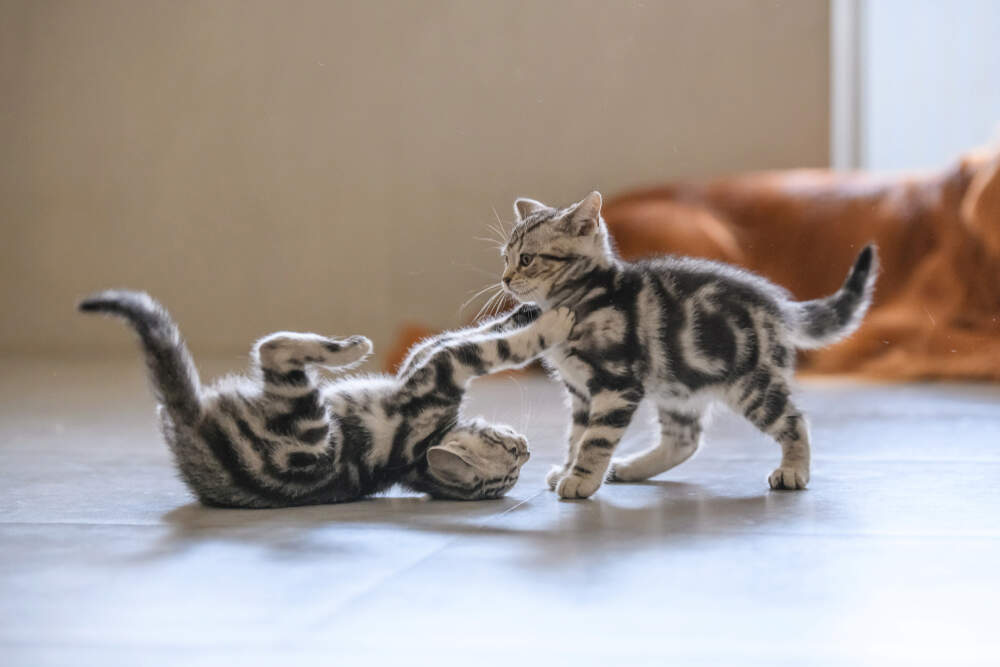In a world where dog playdates are as common as a morning walk, the notion of arranging feline meetups might seem like uncharted territory. While cats are often perceived as the more independent species, the truth is that our feline friends can benefit immensely from their own version of playdates. Yes, you read that right – can cats have playdates too!
Cats, known for their enigmatic and sometimes elusive behavior, might not initially strike you as the social butterflies of the animal kingdom. However, much like their canine counterparts, they too thrive on social interactions. Let’s delve into the fascinating realm of feline playdates and why they’re more than just a whimsical idea.
Understanding the Independent Myth
Cats have long been associated with independence, a characteristic that has only added to their mysterious allure. It’s true; cats are remarkably self-sufficient creatures. Yet, behind those calculating eyes and graceful prowls lies a social aspect waiting to be explored.
While not as overtly pack-oriented as dogs, cats establish social hierarchies and form bonds with their fellow felines. These connections are not only intriguing but crucial for their overall well-being. Introducing them to the concept of playdates taps into their innate desire for social engagement.
The Benefits of Feline Socialization
Development of Social Skills
Just like humans, cats develop essential social skills through interaction with their peers. Playdates provide a platform for them to refine their communication, learn boundaries, and understand the nuances of feline language. These social skills are particularly vital for cats that might otherwise display aggression or anxiety in unfamiliar situations.
Alleviating Anxiety
Cats, despite their composed demeanor, can experience anxiety, especially in solitary environments. Playdates offer a valuable outlet for them to release pent-up energy, reduce stress, and foster a sense of security. It’s akin to a support system where they can express themselves freely.
Combatting Behavioral Issues
Boredom and loneliness often contribute to behavioral problems in cats. From excessive grooming to destructive scratching, these issues can be mitigated through regular social interactions. Playdates provide mental stimulation, preventing the onset of undesirable behaviors borne out of monotony.
How to Organize a Feline Fiesta
Choose Compatible Companions
Not all cats are instant pals. Consider the personalities and temperaments of the cats involved to ensure a harmonious gathering. Gradual introductions in a neutral space can help establish a positive rapport.
Create a Safe Play Environment
Ensure the play area is secure and free from potential hazards. Cats appreciate vertical space, so include cat trees or shelves for climbing. Offer toys that encourage interactive play, such as feather wands or puzzle feeders.
Monitor Body Language
Cats communicate through body language, and understanding their cues is paramount during playdates. Keep an eye on tail positions, ear movements, and vocalizations. If any signs of stress or discomfort arise, provide a retreat space for the cats to regroup.
In Conclusion
While the idea of organizing playdates for cats might seem unconventional, it aligns perfectly with their social nature. Cats can benefit immensely from these interactions, developing vital skills, alleviating anxiety, and curbing behavioral issues. So, the next time you ponder whether cats can have playdates, remember – they’re not just independent creatures; they’re social beings yearning for a feline fiesta!
If you want to learn more information please visit: Purepethub!

Leave a Reply